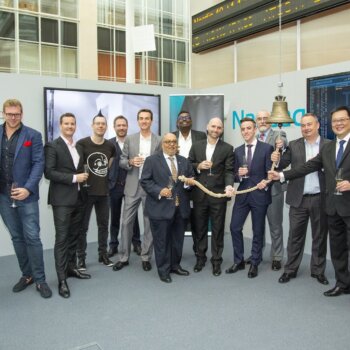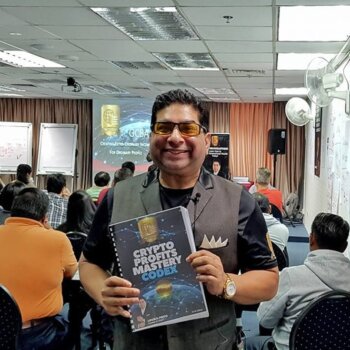From an entrepreneurs perspective, it is no wonder that anyone who can write a cheque and keep you in business for a few more months would be seen as an ‘angel’. But can / should we really include Angel’s under the umbrella of Investors?
In the Celestial sense you certainly wouldn’t want to believe your guardian angel was in it for the money, but is angel investing much different?
The cost of starting a business has plummeted in the last decade and consequently the barrier to entry for Angels has dropped alongside it with many Angels investing not more than $10-20k at a time. This has bought many more Angels to the table. All, supposedly, in the hopes of backing the next Uber or Facebook. But are they all mathematically challenged? Even the most cursory of research should show that their odds of winning are about on a par with buying a lottery ticket. And certainly way worse than visiting a casino and putting it all on red. So is there more to it then that?
In my role as Ambassador for the World Business Angel Investment Forum, I have had the good fortune to meet many varied and interesting Angels but almost all shared a desire to help and support the ecosystem of entrepreneurs. Rightly, or wrongly (which is a topic for another post), they believe they have something more to offer entrepreneurs than just money. The enjoyment they get from being an Angel hinges far more on the knowledge and contacts they can share, but also on what they themselves can get to learn from the businesses they support and/or the kudos from association.
In any quantifiable sense, being an angel is more akin to having an expensive hobby, not being an investor.
But one thing is certain, the ecosystem depends on them, so let’s polish their halo’s and welcome more of them.
Author: Callum Laing
@LaingCallum
Linkedin.com/in/CallumLaing/






























